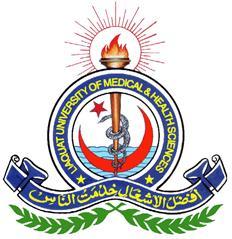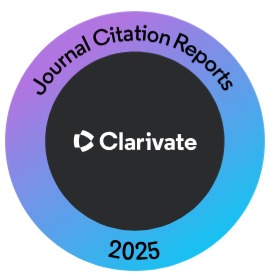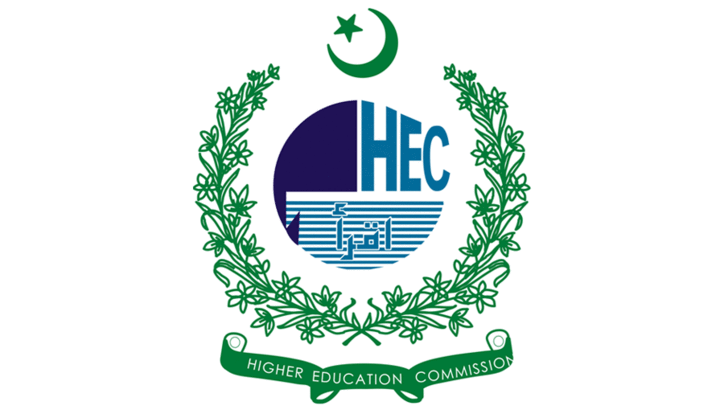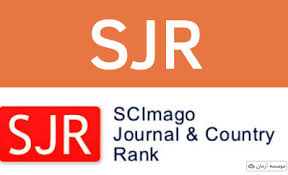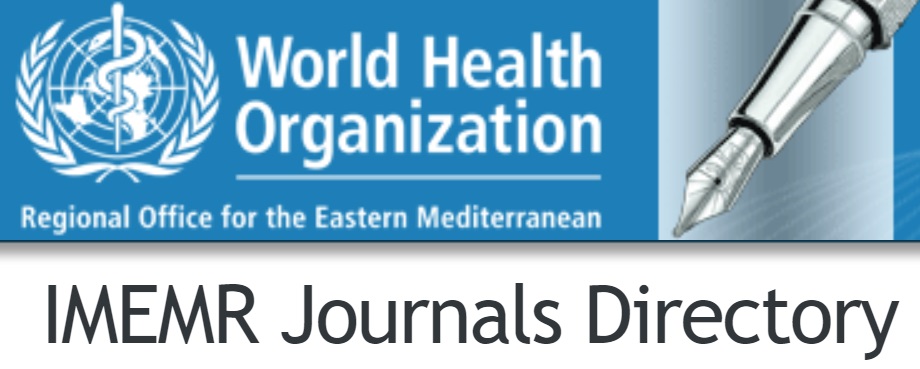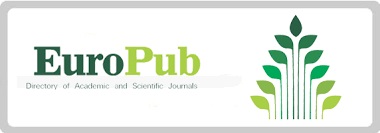Ponseti Technique in Neglected Club Foot Children with Age between 3 and 11 Years
Keywords:
Ponseti technique, Neglected Club foot, Club foot.Abstract
OBJECTIVE: To evaluate the Ponseti treatment in neglected club foot patients. Result of this study shall
help us to manage untreated or neglected patients with club foot in better way and this study shall
provide platform for bigger studies on clubfoot in Pakistan.
METHODOLOGY: This multicentre observational cross sectional study was conducted on retrospective
data of patients registered to Ponseti Club foot Clinic between July 2013 to Dec 2016 at Dr Ruth Pfau
Civil Hospital Karachi and Jinnah postgraduate Medical Center, Karachi. In this study 41 feet in 28 patients
with Neglected club foot between 3 to 11 years were treated by Ponseti guidelines for older child
(already walking child). Deformity was assessed with pirani scoring. Average follow up time was 3 years.
RESULTS: Painless plantigrate foot was obtained in all patients. In 3 patients equinus deformity
recurred. Two were managed with recasting while in the third one along with recasting and retenotomy
was undertaken. In 2 patients mild varus was recurred, which was managed with recasting. One patient
was lost to follow-up after 2 years.
CONCLUSION: This study conclude that treatment of neglected idiopathic club foot patients presenting
to us after walking age with Ponseti method according to Ponseti guidelines for older children is safe,
effective and low cost method. It also reduces the risk of excessive surgical procedures.
Downloads
Published
How to Cite
Issue
Section
License
Submission of a manuscript to the journal implies that all authors have read and agreed to the content of the undertaking form or the Terms and Conditions.
When an article is accepted for publication, the author(s) retain the copyright and are required to grant the publisher the right of first publication and other non-exclusive publishing rights to JLUMHS.
Articles published in the Journal of Liaquat University of Medical & health sciences are open access articles under a Creative Commons Attribution-Noncommercial - Share Alike 4.0 License. This license permits use, distribution and reproduction in any medium; provided the original work is properly cited and initial publication in this journal. This is in accordance with the BOAI definition of open access. In addition to that users are allowed to remix, tweak and build upon the work non-commercially as long as appropriate credit is given and the new creations are licensed under the identical terms. Or, in certain cases it can be stated that all articles and content there in are published under creative commons license unless stated otherwise.


